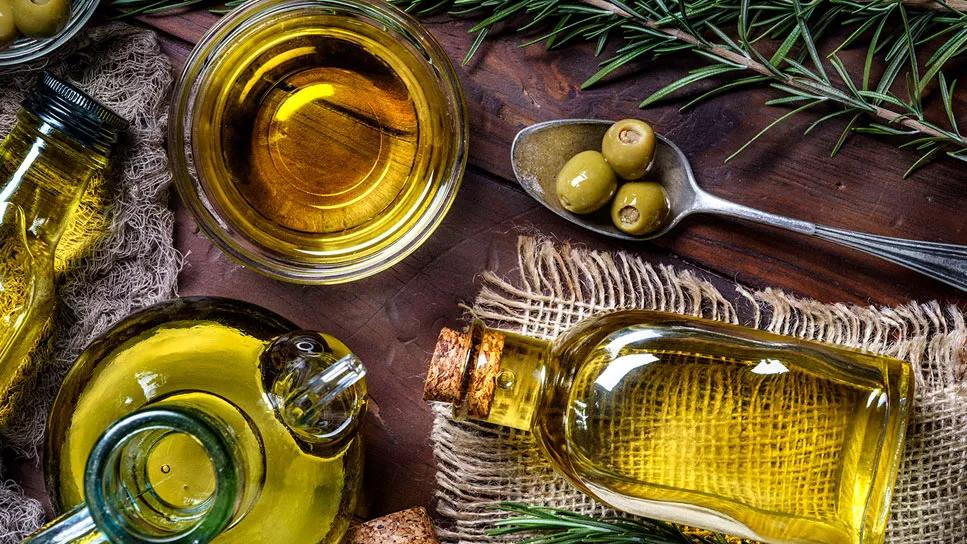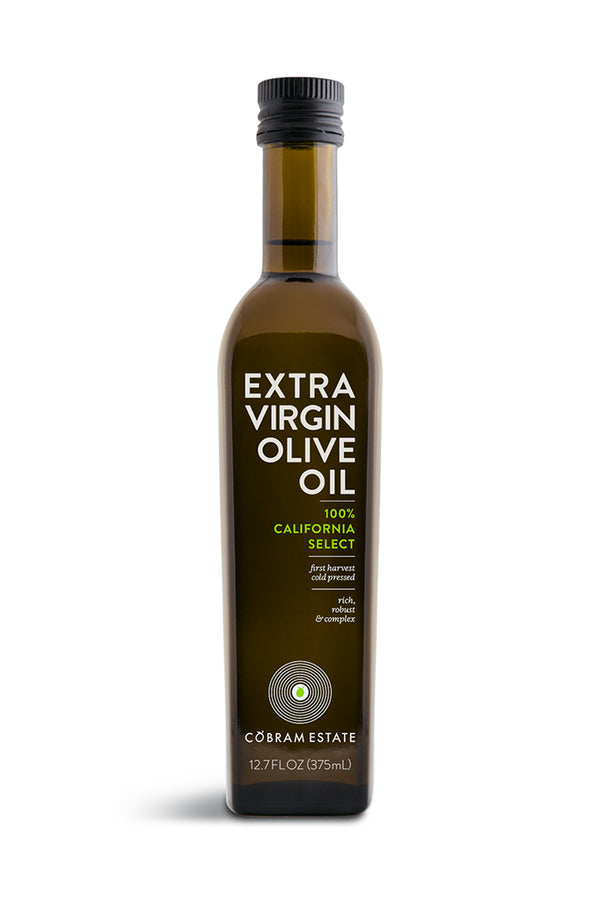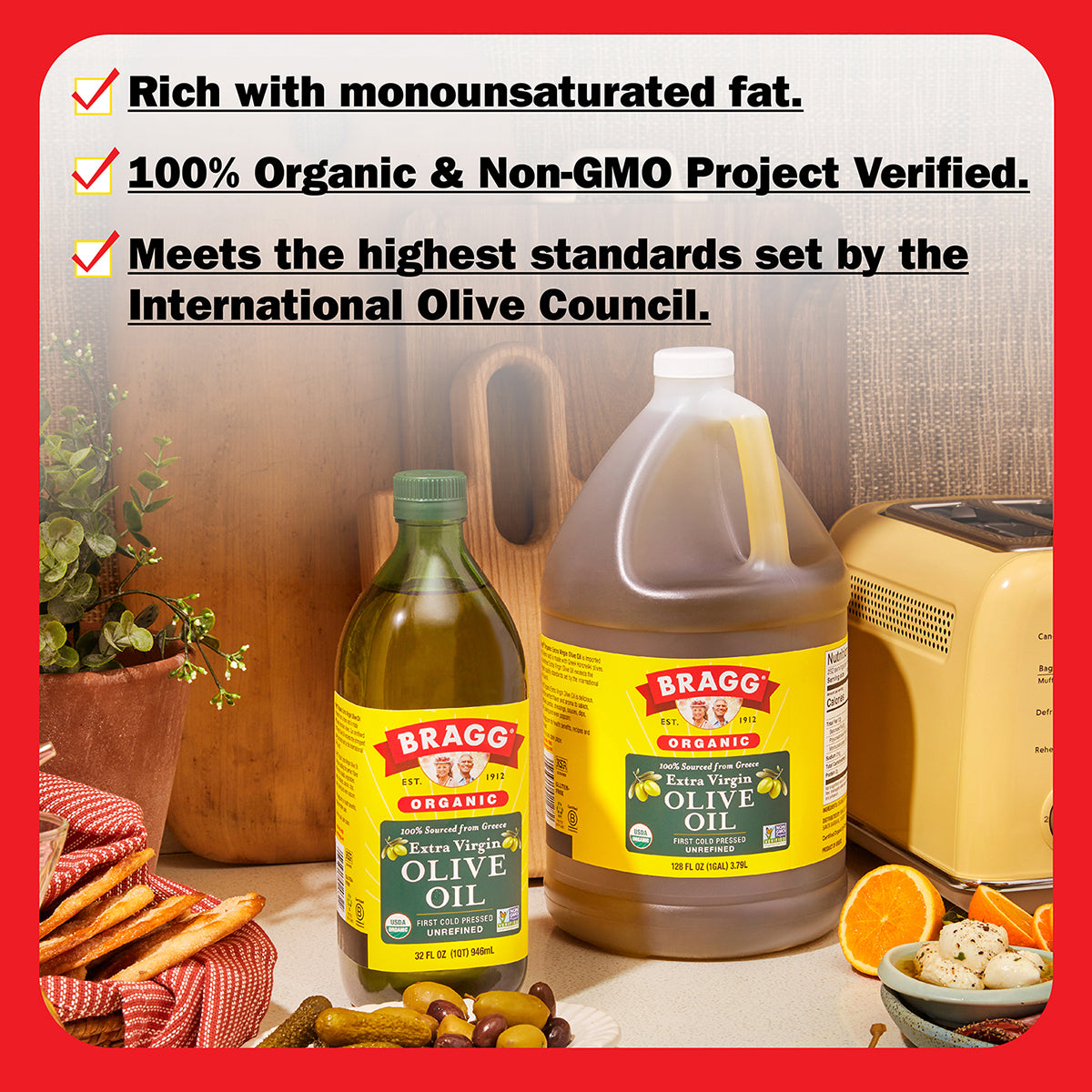How Extra Virgin Olive Oil Benefits Your Heart and Overall Well-being
How Extra Virgin Olive Oil Benefits Your Heart and Overall Well-being
Blog Article
Exploring the Various Kinds of Olive Oil and Their Usages, Including Additional Virgin Olive Oil
The expedition of olive oil encompasses a diverse series of kinds, each offering culinary applications and distinctive tastes. Extra virgin olive oil, renowned for its premium high quality and health and wellness advantages, serves as a staple in many kitchen areas, yet it is just one facet of this diverse component. extra virgin olive oil benefits. Various other varieties, such as polished and pure olive oils, likewise warrant interest for their unique residential properties and uses. Comprehending these differences can dramatically affect both food preparation techniques and flavor profiles. What, then, should one consider when choosing the best olive oil for a details culinary venture?
What Is Olive Oil?
Acquired from the fruit of the olive tree, olive oil is a staple in Mediterranean food and a key active ingredient in various cooking applications. This functional oil is created by pressing whole olives, leading to a fluid that differs in flavor, aroma, and shade depending upon the kind of olives utilized, the area of growing, and the removal procedure. Olive oil is predominantly made up of monounsaturated fats, especially oleic acid, which is known for its possible health and wellness benefits, consisting of anti-inflammatory properties and cardio support.
Along with its culinary uses, olive oil has a lengthy history of application in conventional medication and skin care, owing to its abundant antioxidant content (extra virgin olive oil benefits). The oil is typically made use of in dressings, sauces, and for cooking approaches such as sautéing and roasting. Its distinct taste account can enhance the preference of different dishes, making it a necessary ingredient for both home cooks and specialist chefs
In addition, olive oil is commemorated for its function in the Mediterranean diet, which is related to various health and wellness advantages. As recognition of these benefits grows, olive oil remains to acquire appeal worldwide as an essential part of a healthy and balanced way of life.
Kinds of Olive Oil
Comprehending the different types of olive oil is crucial for both culinary fanatics and health-conscious consumers. Olive oil is classified primarily based on its removal technique and quality, which dramatically influences its fragrance, health and wellness, and flavor benefits.

Light olive oil, regardless of its name, describes a lighter taste and not lower calories. It is ideal for those seeking a more refined preference in marinades and dressings. Furthermore, there are flavorful olive oils infused with herbs, flavors, or citrus, which can boost meals without the demand for added seasoning.
Each kind of olive oil serves details cooking objectives, and recognizing these distinctions permits consumers to make educated options that align with their food preparation styles and wellness goals.
Bonus Virgin Olive Oil
Extra virgin olive oil (EVOO) is commonly related to as the highest high quality olive oil offered, well known for its abundant flavor and many wellness advantages. To be classified as extra virgin, the oil has to be produced from fresh olives using mechanical procedures, without the usage of solvents or too much warmth. This careful technique preserves the oil's all-natural tastes, antioxidants, and healthy and balanced fats, resulting in a product helpful hints with a reduced acidity degree of less than 0.8%.
EVOO is bountiful in monounsaturated fats, particularly oleic acid, which is linked to lowered swelling and enhanced heart health. It also has polyphenols, effective anti-oxidants that may offer safety impacts against chronic diseases. The taste profile of EVOO can vary significantly depending upon the olive variety and region of manufacturing, ranging from fruity and verdant to robust and peppery.

Culinary Use Olive Oil

In cooking, olive oil can be utilized for sautéing, roasting, and barbecuing, offering a much healthier option to butter or other fats. Its high smoke point makes it ideal for different cooking methods, while its antioxidants add to a heart-healthy diet regimen. Sprinkling olive oil over completed meals, such as pasta, fish, or barbequed vegetables, can elevate flavors and include a touch of style.
In addition, olive oil plays a significant duty in cooking, where it can replace conventional fats in recipes for bread and breads, passing on wetness and a refined taste. It also functions as a base for instilled oils, enabling chefs to experiment with tastes such as garlic, natural herbs, or chili, further broadening its culinary potential. Generally, olive oil's versatility websites makes it crucial in both home and specialist kitchen areas.
Choosing Top Quality Olive Oil
When selecting top quality olive oil, it's important to think about a number of vital elements that affect the item's wellness, scent, and flavor benefits. Primarily, go with extra virgin olive oil (EVOO), which is stemmed from the very first cold pressing of olives and contains the highest degrees of antioxidants and helpful compounds. Try to find oils that are accredited by recognized companies, as this usually ensures adherence to strict high quality criteria.
The product packaging also plays a considerable duty in preserving the oil's stability. Pick oils kept in dark glass bottles or tins to shield versus light degradation. Take notice of the harvest date; fresher oils provide remarkable taste and nutritional value, so pick items that are within 18 months of their harvest.
Be mindful of the taste; a great quality olive oil need to have an equilibrium of fruity, bitter, and peppery notes, indicating its richness and complexity. By assessing these variables, you can guarantee you are choosing the ideal olive oil for your culinary demands.
Conclusion
In recap, the expedition of numerous kinds of olive oil discloses unique qualities and applications, with additional virgin olive oil representing the pinnacle of quality because of its low level of acidity and high antioxidant web content. Its convenience in culinary uses enhances tastes in dressings, marinates, and showers. Understanding the different varieties of olive oil permits for notified options in food preparation approaches, promoting healthier techniques while enriching the total gastronomic experience. Quality option stays crucial for ideal advantages.
Derived from the fruit of the olive tree, olive oil is a staple in Mediterranean food and a crucial component in numerous culinary applications.The most common types of olive oil include improved olive oil, pure olive oil, and light olive oil.Extra virgin olive oil (EVOO) is extensively regarded as the highest possible top quality olive oil offered, renowned for its rich flavor and various health and wellness benefits. Opt site here for added virgin olive oil (EVOO), which is derived from the very first cool pressing of olives and contains the greatest degrees of antioxidants and useful substances.In recap, the expedition of different types of olive oil reveals unique attributes and applications, with extra virgin olive oil representing the pinnacle of high quality due to its low acidity and high antioxidant material.
Report this page